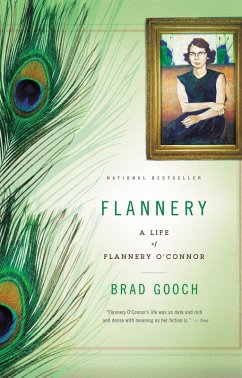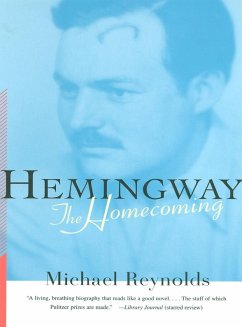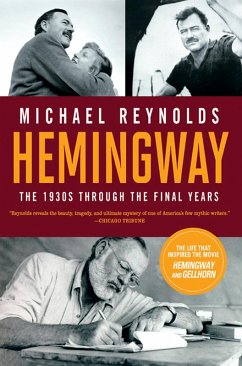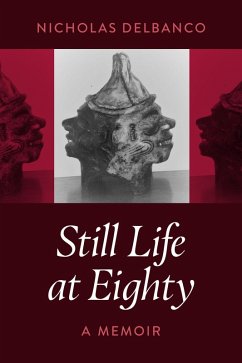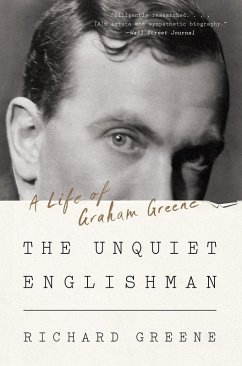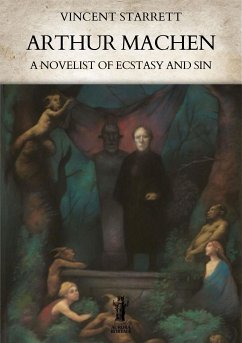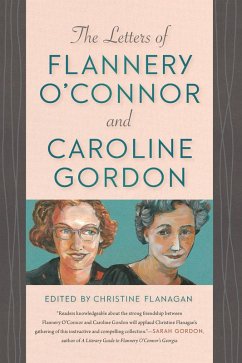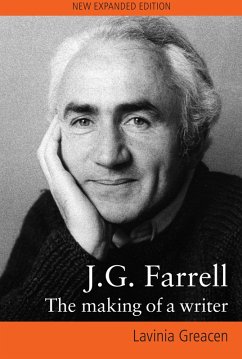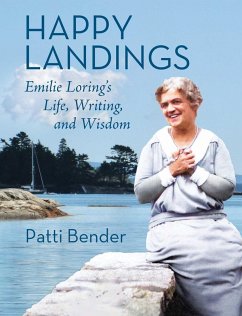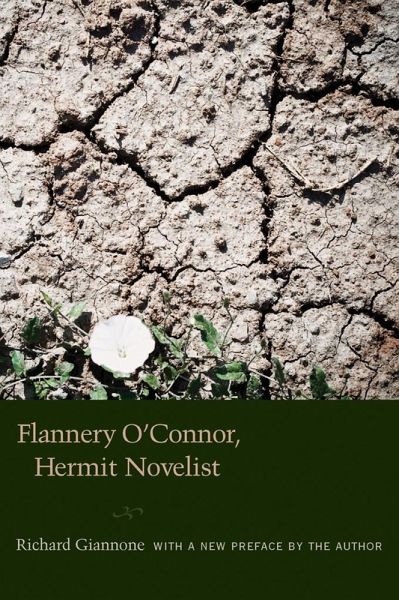
Flannery O'Connor, Hermit Novelist (eBook, ePUB)
Versandkostenfrei!
Sofort per Download lieferbar
20,95 €
inkl. MwSt.
Weitere Ausgaben:

PAYBACK Punkte
10 °P sammeln!
2001 Choice Outstanding Academic TitleA compelling study of O'Connor's fiction as illuminated by the teaching of the desert monastics."Lord, I'm glad I'm a hermit novelist," Flannery O'Connor wrote to a friend in 1957. Sequestered by ill health, O'Connor spent the final thirteen years of her life on her isolated family farm in rural Georgia. During this productive time she developed a fascination with fourth-century Christians who retreated to the desert for spiritual replenishment and whose isolation, suffering, and faith mirrored her own. In Flannery O'Connor, Hermit Novelist, Richard Gianno...
2001 Choice Outstanding Academic Title
A compelling study of O'Connor's fiction as illuminated by the teaching of the desert monastics.
"Lord, I'm glad I'm a hermit novelist," Flannery O'Connor wrote to a friend in 1957. Sequestered by ill health, O'Connor spent the final thirteen years of her life on her isolated family farm in rural Georgia. During this productive time she developed a fascination with fourth-century Christians who retreated to the desert for spiritual replenishment and whose isolation, suffering, and faith mirrored her own. In Flannery O'Connor, Hermit Novelist, Richard Giannone explores O'Connor's identification with these early Christian monastics and the ways in which she infused her fiction with their teachings. Surveying the influences of the desert fathers on O'Connor's protagonists, Giannone shows how her characters are moved toward a radical simplicity of ascetic discipline as a means of confronting both internal and worldly evils while being drawn closer to God. Artfully bridging literary analysis, O'Connor's biography, and monastic writings, Giannone's study explores O'Connor's advocacy of self-denial and self-scrutiny as vital spiritual weapons that might be brought to bear against the antagonistic forces she found rampant in modern American life.
A compelling study of O'Connor's fiction as illuminated by the teaching of the desert monastics.
"Lord, I'm glad I'm a hermit novelist," Flannery O'Connor wrote to a friend in 1957. Sequestered by ill health, O'Connor spent the final thirteen years of her life on her isolated family farm in rural Georgia. During this productive time she developed a fascination with fourth-century Christians who retreated to the desert for spiritual replenishment and whose isolation, suffering, and faith mirrored her own. In Flannery O'Connor, Hermit Novelist, Richard Giannone explores O'Connor's identification with these early Christian monastics and the ways in which she infused her fiction with their teachings. Surveying the influences of the desert fathers on O'Connor's protagonists, Giannone shows how her characters are moved toward a radical simplicity of ascetic discipline as a means of confronting both internal and worldly evils while being drawn closer to God. Artfully bridging literary analysis, O'Connor's biography, and monastic writings, Giannone's study explores O'Connor's advocacy of self-denial and self-scrutiny as vital spiritual weapons that might be brought to bear against the antagonistic forces she found rampant in modern American life.
Dieser Download kann aus rechtlichen Gründen nur mit Rechnungsadresse in A, D ausgeliefert werden.




